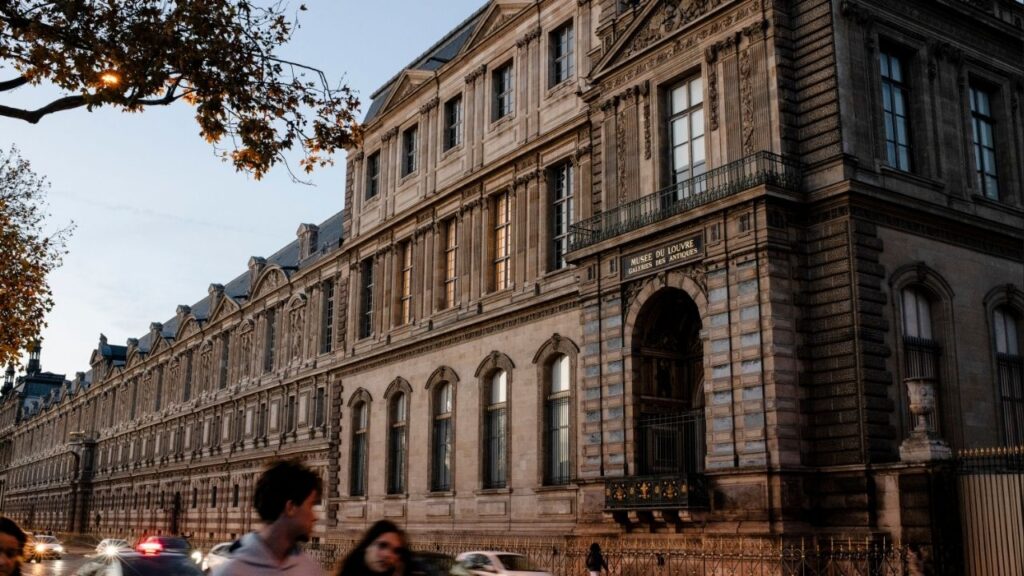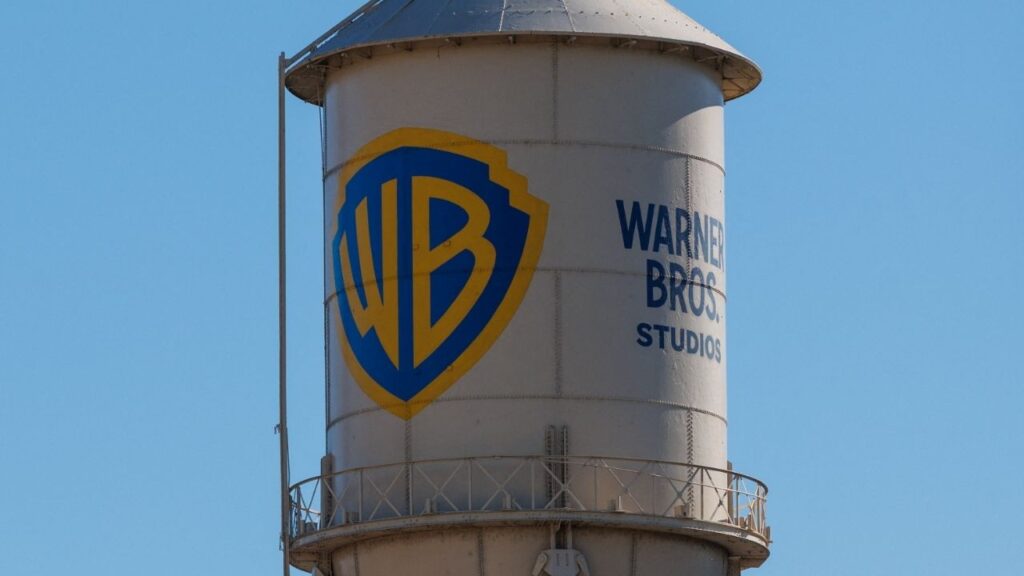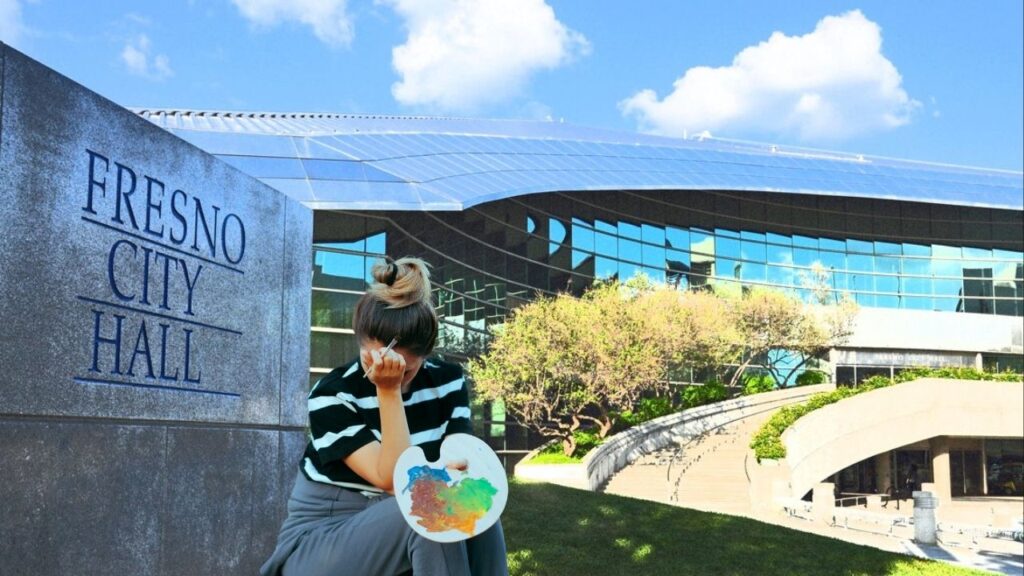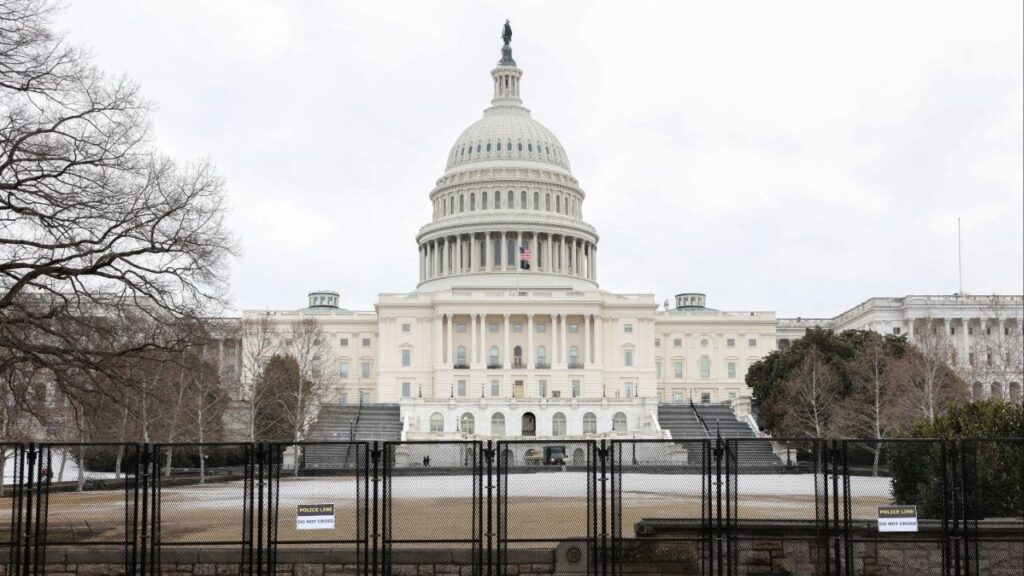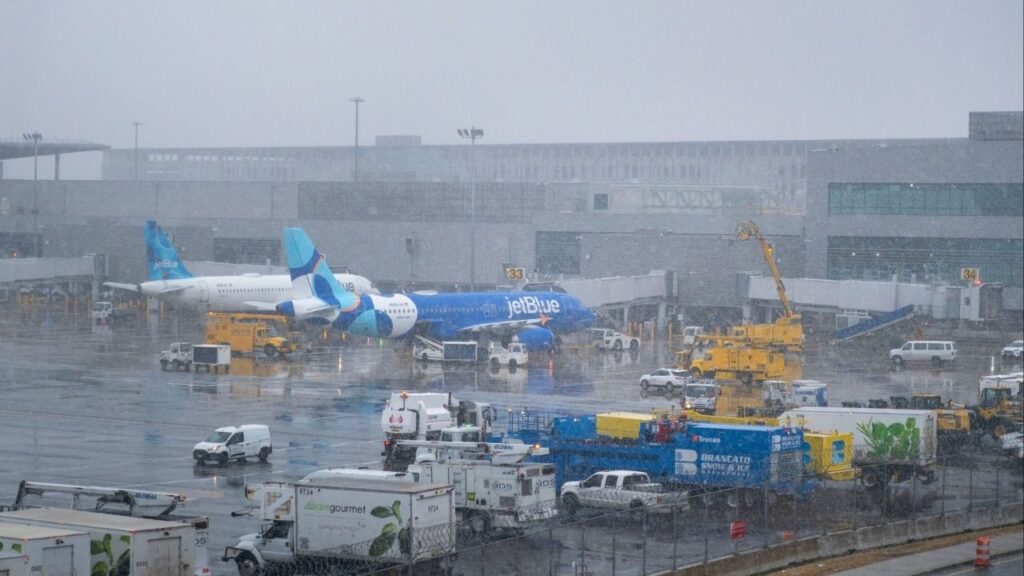Share
DUBAI, United Arab Emirates — One of the most powerful leaders in the United Arab Emirates has found himself entangled in special counsel Robert Mueller’s report on U.S. President Donald Trump and Russian interference in America’s 2016 election.
But left unsaid — or possibly redacted — is what motivated the UAE, a federation of seven sheikhdoms on the Arabian Peninsula, to insert itself as a middleman in contacts between Trump’s campaign and Russia. However, the report’s release comes as the UAE backs Trump’s maximalist policies against Iran and as Emirati officials have been on a blitz of meetings with American officials, showing the importance they still place on their relationship with him even as faces opposition.
“The Emiratis saw an opportunity for a do-over with the Americans with a new, incoming administration with a president they personally knew,” said Ryan Bohl, an analyst with the Austin, Texas-based private intelligence firm Stratfor. “They didn’t take into account that other institutions, like the military, the State Department, Congress, would all have an opinion too.”
Emirati government officials did not respond to requests for comment from The Associated Press about Sheikh Mohammed’s inclusion. However, it comes the same week that Sheikh Mohammed, 58, found himself included in Time Magazine’s 100 Most Influential People list.
A Brief Glimpse Into the Deal-Making
The ranking shows what has been known regionally for some time: that Sheikh Mohammed wields tremendous influence both home and abroad.
Sheikh Mohammed’s 71-year-old half-brother, Sheikh Khalifa bin Zayed Al Nahyan, remains the Emirates’ president and ruler and ruler of oil-rich Abu Dhabi but has been rarely seen since suffering a stroke in 2014. Sheikh Mohammed also maintains a tight relationship with neighboring Saudi Arabia’s own upstart crown prince, Mohammed bin Salman.
In a country where leaders rule absolutely, the Mueller report provides a brief glimpse into the deal-making and connections of the UAE. It puts Sheikh Mohammed at a luxury hotel in the Indian Ocean Seychelles islands in January 2017, just before Trump’s inauguration, with his adviser George Nader. Nader is a Lebanese-American businessman convicted in a Czech Republic court in 2003 of multiple counts of sexually abusing minors, later would cooperate with Mueller’s investigation.
This meeting put Kirill Dmitriev, the head of a Russian sovereign wealth fund close to Putin, face to face with Erik Prince, the founder of the private military firm Blackwater who had ties to Trump officials, according to the report. Dmitriev earlier had asked Nader for access to Trump transition team members, the report said. While initially distrustful of meeting Prince, Nader reportedly made a point to stress that Prince’s sister, Betsy DeVos, would become Trump’s education secretary.

Redactions Around Blackwater Founder’s Activities
“Dmitriev told Nader that Putin would be very grateful to Nader and that a meeting would make history,” the report said.
The Washington Post broke news of the meeting in April 2017. Prince, who reportedly has helped the UAE form its own mercenary forces, later told Congress the meeting was happenstance and that “I didn’t fly there to meet any Russian guy.” That’s directly contradicted by Mueller’s report, which says Nadler set up the meeting with Prince ahead of time.
It’s unclear what implications Prince could face over the Mueller report. A request for comment to Prince’s new firm, Frontier Services Group, was not immediately answered.
The rest of the Mideast gets far less attention in Mueller’s report. There’s mention of a U.N. Security Council vote calling on Israel to stop building settlements in Palestinian territory, a vote which former Trump national security adviser Michael Flynn made calls to Russian officials about and later lied to investigators. Saudi Arabia is mentioned only in context of Trump showing staffers on Air Force One a resignation letter from then-Attorney General Jeff Sessions.
UAE Plays Oversized Role in Report
However, the small UAE plays an oversized role in the report, as it does in Mideast politics due in part to its closeness to America. Some 5,000 American troops are stationed in the country, while Dubai’s Jebel Ali port remains the U.S. Navy’s busiest foreign port of call.
What’s public from Mueller’s report does not elaborate on Sheikh Mohammed’s role in the Seychelles meeting. However, Sheikh Mohammed also had sought a meeting in the U.S. with Trump transition officials before he entered the White House.
But Sheikh Mohammed undoubtedly welcomed Trump’s hard-line approach to Iran after President Barack Obama’s administration signed onto Tehran’s nuclear deal with world powers. And while Sheikh Mohammed hasn’t been back to the U.S. for some time, the UAE’s foreign minister and its minister of state for foreign affairs both have traveled to Washington in recent days. Trump also spoke by phone to Sheikh Mohammed on Thursday night after earlier vetoing a bill that called for the U.S. to pull its military support from the Saudi and Emirati war in Yemen.
“For now, the Emiratis know they have a strong ally in the White House,” Bohl, the Stratfor analyst, said. “What would be much more notable if we see them trying to reach out to potential Democratic successors as a backup plan for Trump.
Categories

Fresno Police Search for Suspect After Stabbing Reported
